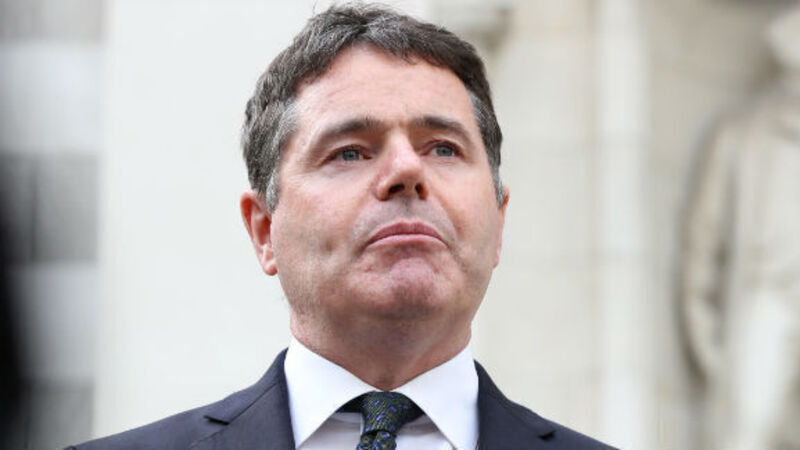Donohoe’s hard line on pay demands seems unsustainable

It is in keeping with the annual whinge-fest from teachers and doctors — I mean conference season — that the issue of pay makes its way to the top of the agenda, writes .
Year in, year out, it is the same.
















